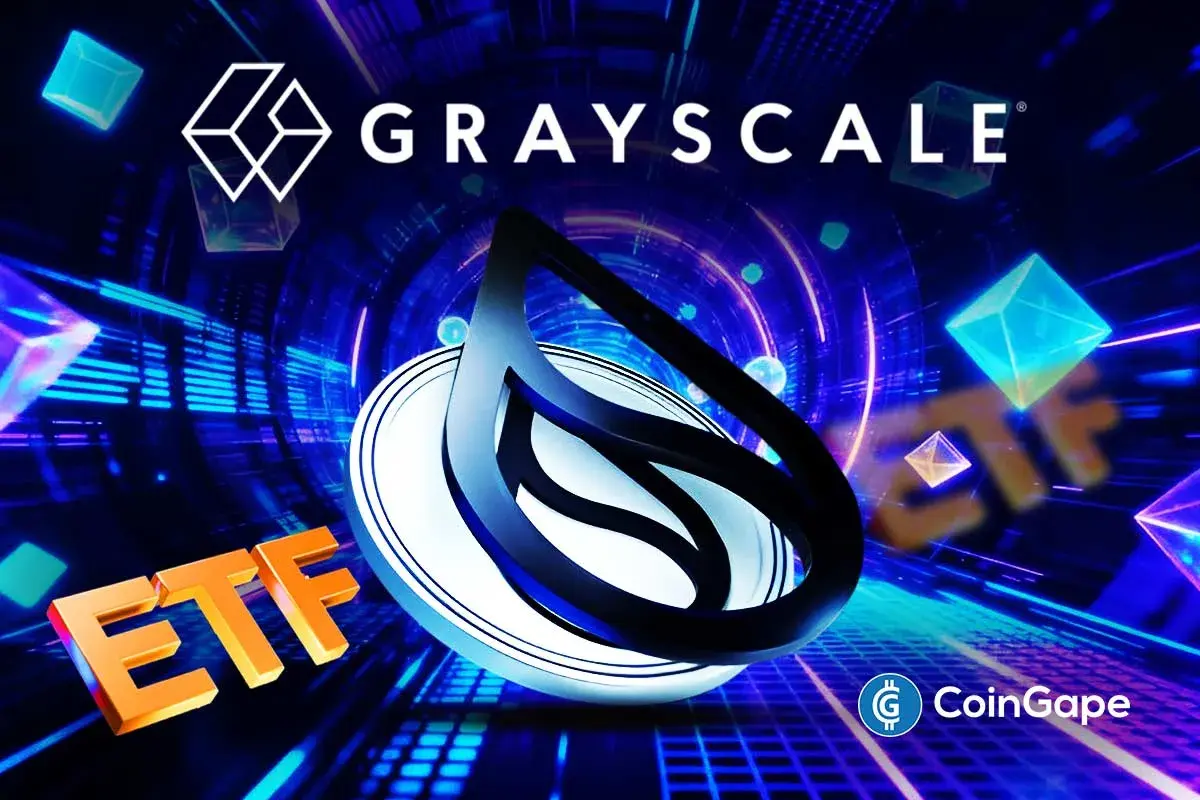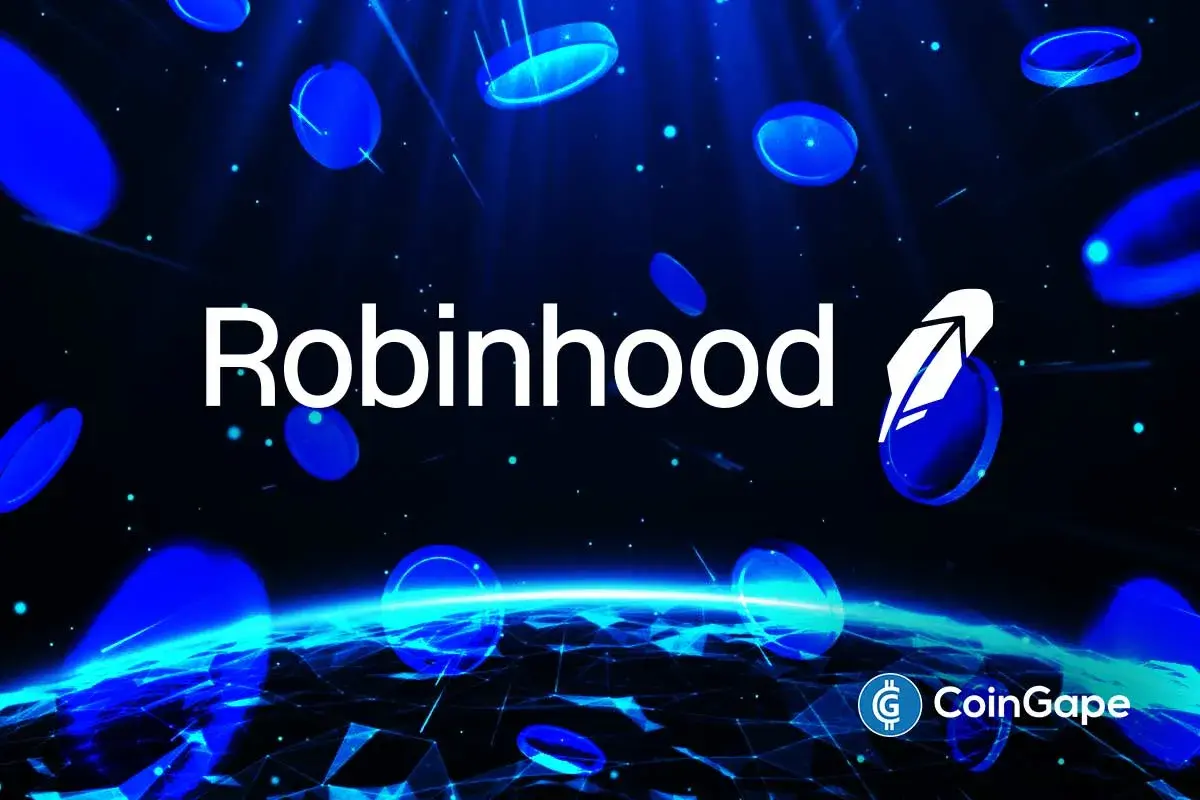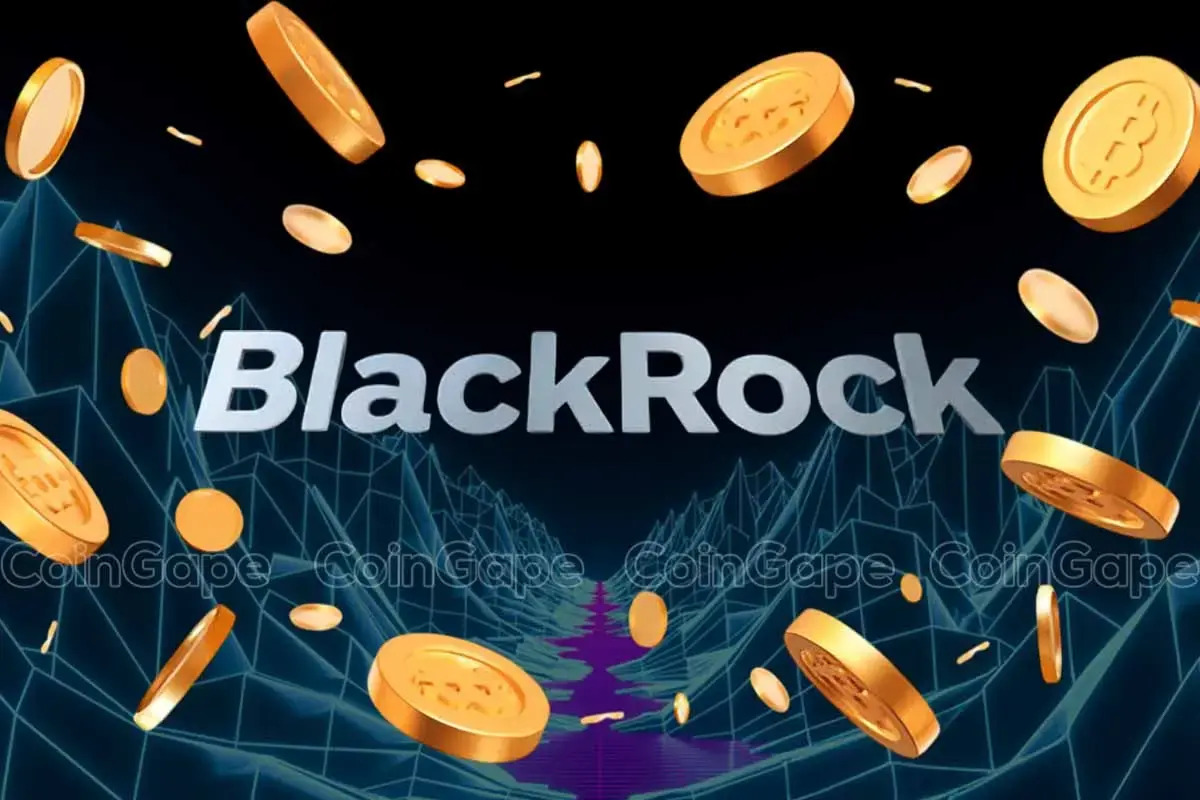Citi Hops on Blockchain Bandwagon While Exploring Tokenizing Private Markets

Highlights
- Banking giant Citi has tapped into blockchain technology to initiate the tokenization process in private markets.
- Citi added in the statement that it has used the Avalanche Spruce institutional test Subnet for the proof of concept.
- With the growth of blockchain technology, financial institutions have heavily backed the latest developments in digital ledger innovation.
Banking giant Citi has tapped into blockchain technology to initiate the tokenization process in private markets. According to a statement released by the firm, it had partnered with Wellington Management and WisdomTree. The partnership was focused on completing a proof of concept on the tokenization of private funds.
Citi tokenizes private equity on blockchain
According to Bloomberg, distributed ledger technology may become more widely used on Wall Street as a result of a simulation conducted by Citigroup Inc. The stimulus demonstrates how a private equity fund might be tokenized on a blockchain network. The bank conducted a “proof of concept” in collaboration with WisdomTree and Wellington Management. The initiative demonstrated that tokenized private equity funds could be issued and held in a safe environment on behalf of clients while still working with current banking institutions.
Citi uses Avalanche subnet for tokenization
Citi added in the statement that it has used the Avalanche Spruce institutional test Subnet for the proof of concept. The utilization revealed that smart contract capabilities might provide new functionality and operational efficiencies. These benefits are not currently possible with traditional assets. These new features may make it possible for buy- and sell-side organizations to interact with distributed ledger technology in a way that complies with rules and is low-risk and low barrier to entry.
Additionally, Citi assessed several transfer scenarios utilizing smart contracts that depended on WisdomTree’s simulated identification credentials. It also used a private fund token as collateral in an automated loan contract with DTCC Digital Assets (formerly Securrency) as part of the trial.
Blockchain use by financial giants increases
With the growth of blockchain technology, financial institutions have heavily backed the latest developments in digital ledger innovation. Banks usually use blockchain technology in their formal system to have easily accessible records. According to DBS Bank, the capacity of blockchain technology to offer a transparent and safe method of transaction recording is one of the main advantages for the banking industry. Transactions in conventional banking systems are usually kept in a centralized database. Blockchain technology, on the other hand, records transactions in a partially decentralized network. This also helps lower the danger of fraud and cyberattacks. It also makes it practically impossible for a single point of failure to undermine the entire system.
- Bitwise, Granitshares Eyes $63B Sector With New Prediction Markets ETF Filing
- Breaking: Grayscale Sui Staking ETF to Start Trading on NYSE Arca Today
- Prediction Market Lawsuit: Nevada Targets Kalshi in Court After Action Against Polymarket
- Robinhood to Raise $1B IPO to Open Private Markets to Retail Investors
- Elemental Royalty Becomes First to Pay Dividends in Tether’s Tokenized Gold XAUT
- Pi Network Price Beats Bitcoin, Ethereum, XRP as Upgrades and Potential CEX Listing Fuels Demand
- 5 Things Dogecoin Price Needs to Hit $0.20 in Feb 2026
- Bitcoin Price Prediction as Experts Warns of Quantum Risks
- Dogecoin, Shiba Inu, Pepe Coin Price Predictions As BTC Crashes Below $68k
- Ethereum Price Outlook as Harvard Shifts Focus from Bitcoin to ETH ETF
- HOOD and COIN Stock Price Forecast as Expert Predicts Bitcoin Price Crash to $10k

















